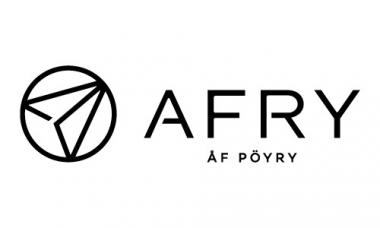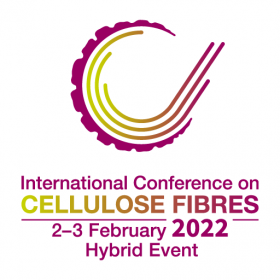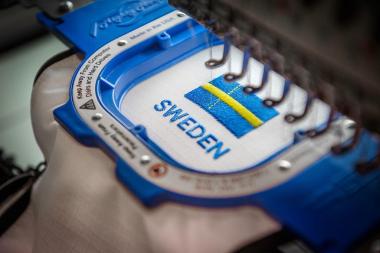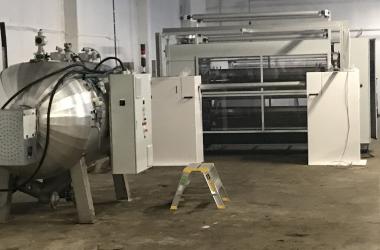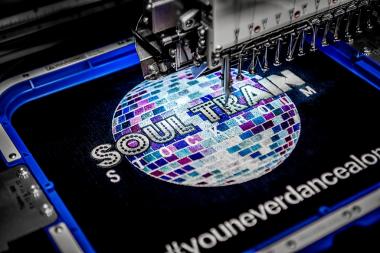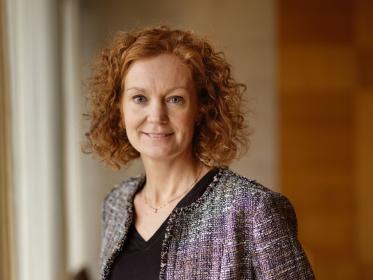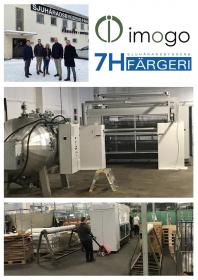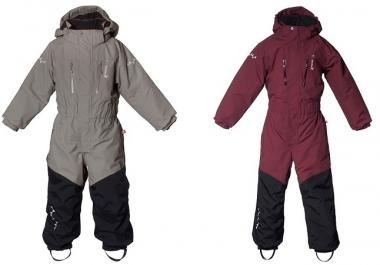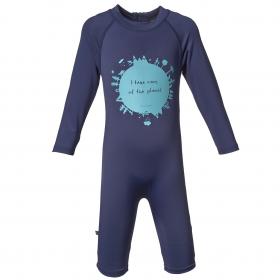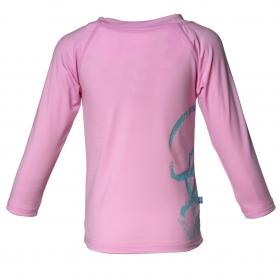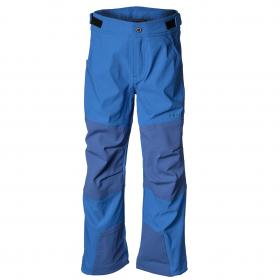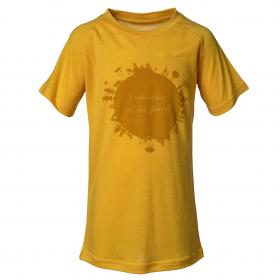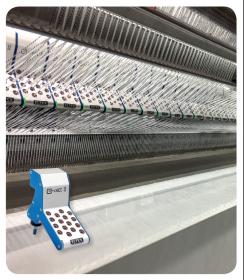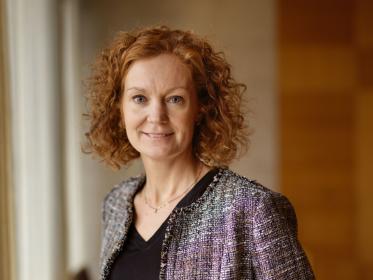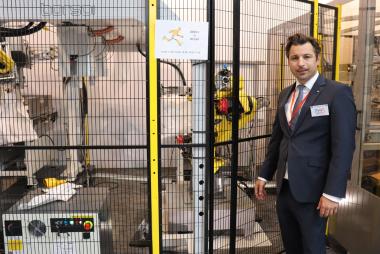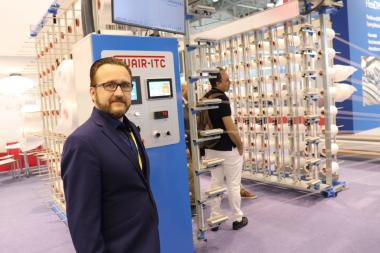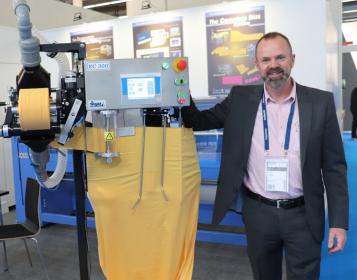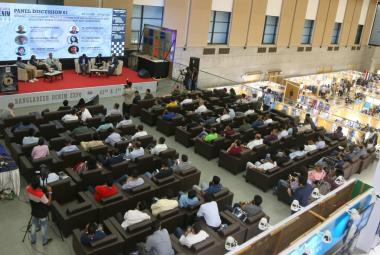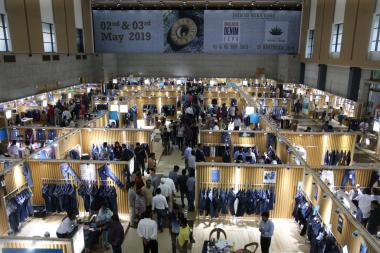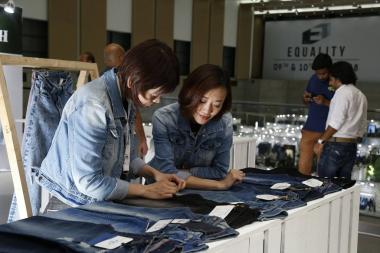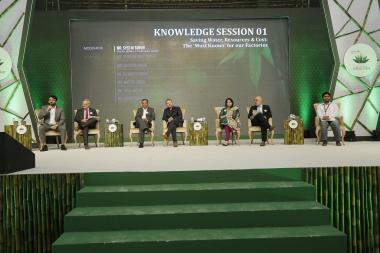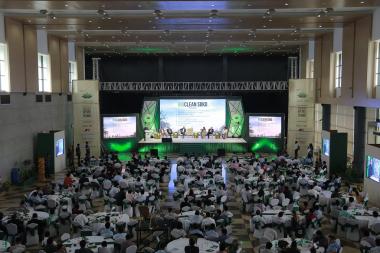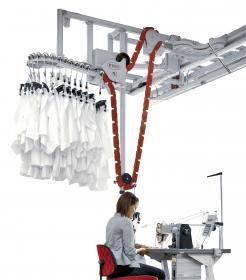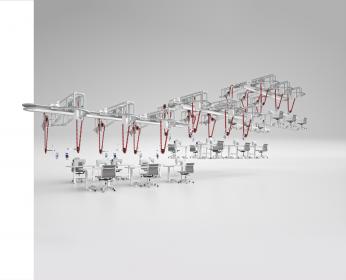Gina Tricot and We aRe SpinDye in a resource-efficient collaboration
Gina Tricot releases its first collection that has been produced with We aRe SpinDye. The collection is part of Gina Tricot's innovation program Gina Lab. and consists of a coat, shirt, trousers and two bags colored with We aRe SpinDye's method.
With the collaboration, Gina Tricot continues to focus on sustainability, now with the coloring process at the center. Of all the resources that arise during the entire lifespan of a garment - from the production of raw materials, to recycling, 80% is used during the production phase itself. To maximize the effects of the sustainability changeover, an increased focus is required on the entire production process and in particular on the most resource-intensive of them all: the dyeing.
One of Gina Tricot's focus is to explore new methods and technologies in sustainability, which makes the collaboration with We aRe Spin Dye feel just right for us. Together we get a product with more durable and circular fibers, in addition with a more sustainable textile production with a focus on minimal water use. We are extremely proud of this collaboration. says Emma Garrote, Global Production & Sustainability Manager at Gina Tricot.
Gina Tricot is a shining example of an agile organization with short decision-making processes. They have managed to enthuse both the design and production department. It has been crucial to reach the launch of this collection that takes place today, says Andreas Andrén, CEO of We aRe SpinDye®.
Gina Tricot
Gina Tricot is a Swedish fashion brand that offers fashion to women in over 30 countries. Today, Gina Tricot has over 160 stores around Sweden, Norway, Denmark and Finland, as well as e-commerce throughout Europe. With around 1,900 employees, 98% of these are girls. For Gina Tricot, it is important to build pride from the inside out, we are a company that chooses to invest in and highlight women.
We aRe Spin Dye
The company is a Swedish cleantech company that provides and offers a process and platform for production and quality control that enables players in the fashion and clothing industry to significantly reduce their environmental impact. The company's business concept is to establish a new, sustainable and transparent standard for dyeing synthetic textiles in the fashion and apparel industry in a simple and user-friendly way.
We aRe SpinDye







